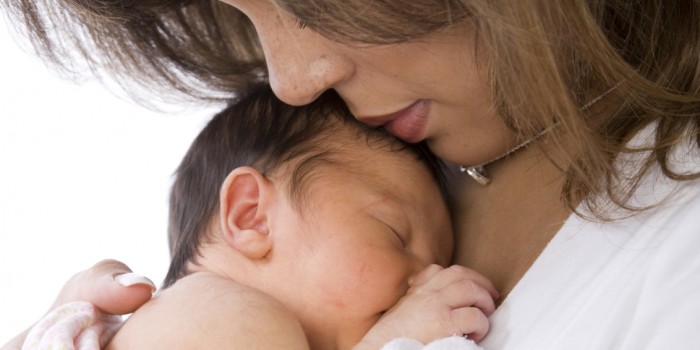Posted on February 24, 2016 by Kim Laube
Adoption

Share
This of all the fears is likely the most debilitating. It is, of course, the unimaginable. The worst case scenario – you’ve gone home with a newborn, loved and cared for her for the past few days and then the case worker calls and tells you the birth mother has changed her mind. She is coming to return the child to its mother. Could your heart take it? Will you ever be able to pick up and move on?
Adoption agencies have a hard decision to make when it comes to dealing with the revocation periods each state has. In Iowa, the revocation period indicates the mother cannot sign any legally binding documents regarding her decision about the relinquishment of her child until the child is at least 72 hours old. Then after signing, she has another 96 hours to change her mind. For those of you doing the math, that is 7 days before anything about permanency is known for this child. These 7 days are often referred to as the revocation period.
or
So, the agency has an important decision to make. Do we protect the adoptive couples or the child? If you were the pre-adoptive couple which do you prefer; shall we protect you or your child from the pain of separation?

When I counsel families about this fear we often talk about the philosophy of the agency. In our case, we exist to find a loving Christian family for a child in need. We do not exist to find a child for a family who desires to be parents. Because our philosophy is child-based, we frequently make our decisions to place in pre-adoptive couples homes prior to permanency being known because we believe it to be in the best interest of the child. We ask and encourage our families to put the child’s best interest in front of their own as well. We ask them to understand that they are meeting the need of a child even if the arrangement isn’t forever. In that moment, for those hours, or week or days you were exactly what that child needed. You protected them and you loved them.
If you go through the unimaginable hardship of a birth parent changing her mind, one day you will look back and know that you were exactly what that baby needed in that moment in time while you were waiting for your forever child. The hurt does diminish in time, but because you are bonding and loving that baby for those few hours or days, the hurt is significant. Couples need time to grieve the loss of what could have been before pursuing another placement, but likely in time, you will find yourselves ready again.
Putting your child’s needs in front of your own is something you are going to do for a lifetime after you adopt a child. It may help to ponder that as you consider if you can cope with the possibilities of grief and loss by receiving a child into your home before their permanency is known.
More posts about Adoption